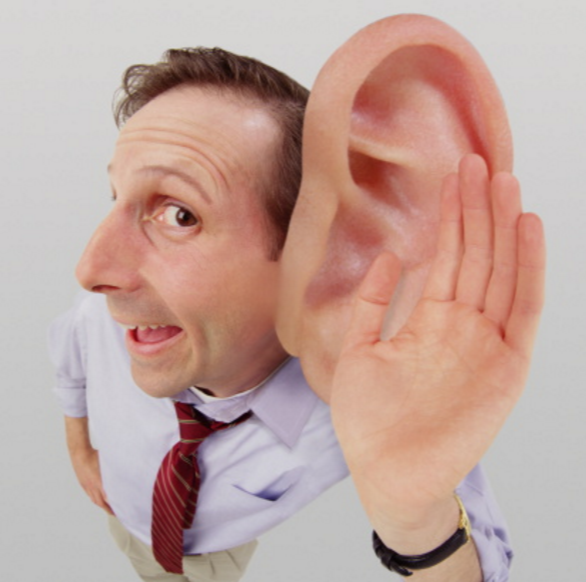When people speak, do you listen? How much of what’s communicated do you internalize?
Recently, I was talking to someone who was not very present in the conversation. Even though he would nod and say “Yeah” the whole time we communicated, his follow-up comments would reveal he wasn’t listening 100%.
Listening is an important skill – more so than one may realize. We use it all the time – at work with our managers and co-workers, in presentations, in relationships, in social settings, with our families. Believe it or not, we even use it when watching TV and films!
Listening is especially important. When I’m consulting my clients, it’s important I listen and understand their problems or requirements, so I could ask the appropriate questions to forward their business. When I’m communicating with the readers at my blog, it’s important I read between the lines and “listen” to what they’re trying to say, because words alone may not convey their intended messages.
Here are a few tips on how to be a better listener:
Remove All Distractions
In this day and age, in our quest to get as much done as we can, we multi-task the whole time – from web browsing, checking emails, replying emails, working, talking on the phone, fiddling with our phones, writing in our notebooks, etc. So when people approach us to talk, it’s natural we add that to the list of things we’re doing at the moment, vs. giving them our full attention.
Be Present
Are you present when you’re around other people? Or are you lost in your own thoughts?
To be a good listener, you have to be present. Being present means not being preoccupied physically and not being preoccupied mentally. The former means to remove distractions, as I mentioned in my first tip. The latter requires you to clear your mind of other thoughts and focus on the person speaking. This means to stop thinking about the argument you had at work with your co-worker in the morning, the report you’ve yet to finish, or where you’re going to have your dinner, and to pay attention to what’s being communicated now.
Wait for the Person to Finish Speaking (in the start)
It’s good etiquette to let the other party finish what he/she wants to say, before you butt in with your comments. I know there are times you feel you get what the person is trying to say and you can’t wait to share your comments, but hold it off in the beginning of the conversation. Because the person may have other things to share but can’t because you are speaking.
Don’t Assume Anything
An important part of listening is not to assume. When you assume, you automatically layer over what the person says with your presumptions, which makes it near impossible to have any meaningful conversation. While the person may say cat, ultimately you can only hear dog, simply because your mind is not open to receiving new information in the first place. You like dogs and dislike cats.
Clarify to ensure you got what the person is saying
At every stage of the conversation, clarify to ensure you got the message right. This can be done by simply paraphrasing what he/she just said, in your own words. Sometimes we may take away one message when it’s really something else, and it’s not good to assume without clarifying first
Ask Questions
Questions are highly important in any conversation. Firstly, there are things which the person does not share (either because he/she thinks you already know them or because he/she thinks they are irrelevant) that you can only uncover by asking questions. Secondly, questions lets you get more information about specific areas you are unclear about, such that you get a better picture of what the person is saying.
;
Google+


